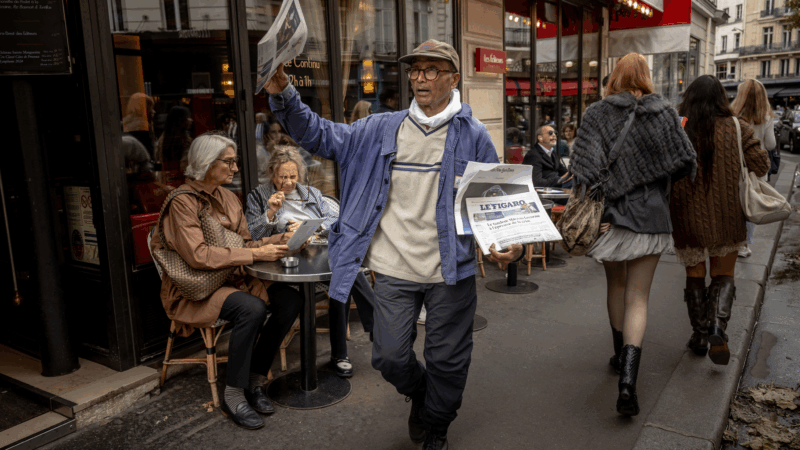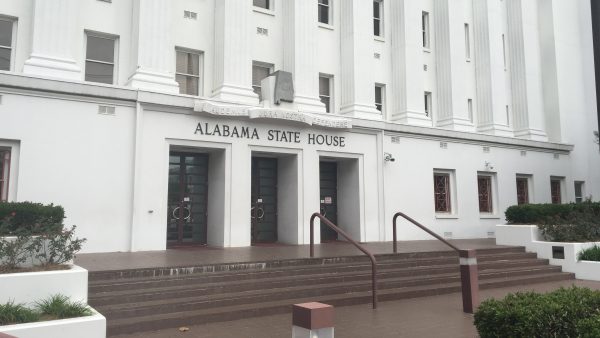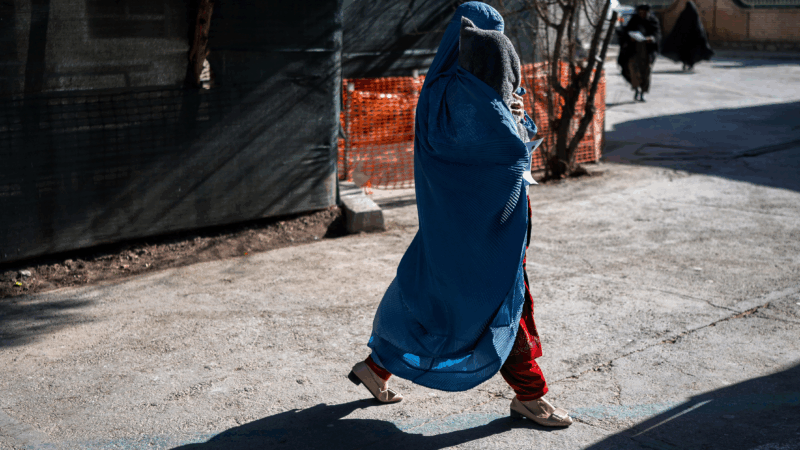Partnership Aims to Make Birmingham’s Economic Growth More Equitable
Birmingham has gained attention for its downtown rebirth. But the Birmingham area economy still falls behind similar cities, particularly when it comes to job growth. A partnership announced in December between the city and the Brookings Institution, a Washington, D.C. think tank, aims to boost the Birmingham economy with an eye toward making those gains more equitable. Brookings fellow Andre Perry, one of the researchers advising the city, says about half of Jefferson County residents are doing well, but the other half, many of whom are minorities, struggle. Perry says racism and structural inequality drags on the economy and that hurts the entire community.
WBHM’s Andrew Yeager spoke with Perry about the project.
Interview Highlights
What the partnership consists of:
“We’ve already engaged in a market scan and in that market scan we’ve found gaps in the economy, areas that we should improve upon. So our job now is to look at those gaps and identify potential solutions. Now the city and the county, there’s a lot of things going on. We want them to have the analytics to really navigate current projects but also to identify other opportunities out there.”
How to make growth inclusive and not just enrich those already in positions of wealth and influence:
“At some point city leaders must take chances in hiring people, in investing in black and brown people and the folks of Birmingham, Alabama, know too well that the tradition of not supporting one another oftentimes reigns supreme. At some point people who have resources must extend them to people who have not been trusted with resources in the past. So, I’m talking about the places like Ensley. I’m talking about black entrepreneurs. I’m talking about other areas in the city that folks just don’t feel those resources are going to be used for growth.”
What’s success for this partnership:
“Obviously we want to see growth in the economy. We want to see more jobs. We would like to see the infrastructure to make that happen. So obviously you need support systems. You need new revenue streams. But more importantly we want a group of civil actors to demand change that will not uphold [the] status quo, that’s willing to take risk that other generations have not. If we can get that mindset change, oh, growth will come.”
The economy slowed in the last 3 months of the year — but was still solid in 2025
The U.S. economy grew 2.2% in 2025, a modest slowdown from 2.4% the previous year. GDP gains were fueled by solid consumer spending and business investment.
Ali Akbar, who’s sold newspapers on the streets of Paris for 50 years, is now a knight
For decades, Ali Akbar has sold papers on the Left Bank of Paris. Last month, France gave the beloved 73-year-old immigrant from Pakistan one of its highest honors — and his neighborhood is cheering.
Bill limiting environmental regulations goes to the governor’s desk
President Trump has taken steps to roll back environmental regulations. Some of that same action is taking place in statehouses, including Alabama's. Lawmakers gave final passage this week to a bill that would ban the state from enacting environmental rules more stringent than those at the federal level. That's where we start our weekly legislative update with Todd Stacy, host of Capitol Journal on Alabama Public Television.
For years the Taliban told women to cover up in public. Now they’re cracking down
At hospitals, at seminaries and on buses, the Taliban is stepping up enforcement of rules on women's dress in the city of Herat.
What I learned watching every sport at the Winter Olympics
Sit down with pop culture critic Linda Holmes as she watches the 2026 Winter Games. She is exhausted by cross-country, says "ow ow ow" during moguls, and makes the case, once and for all, for curling.
Scientists worry about lasting damage from Potomac sewage spill
Drinking water around the District of Columbia hasn't been contaminated. But scientists say the environmental damage could be severe.






